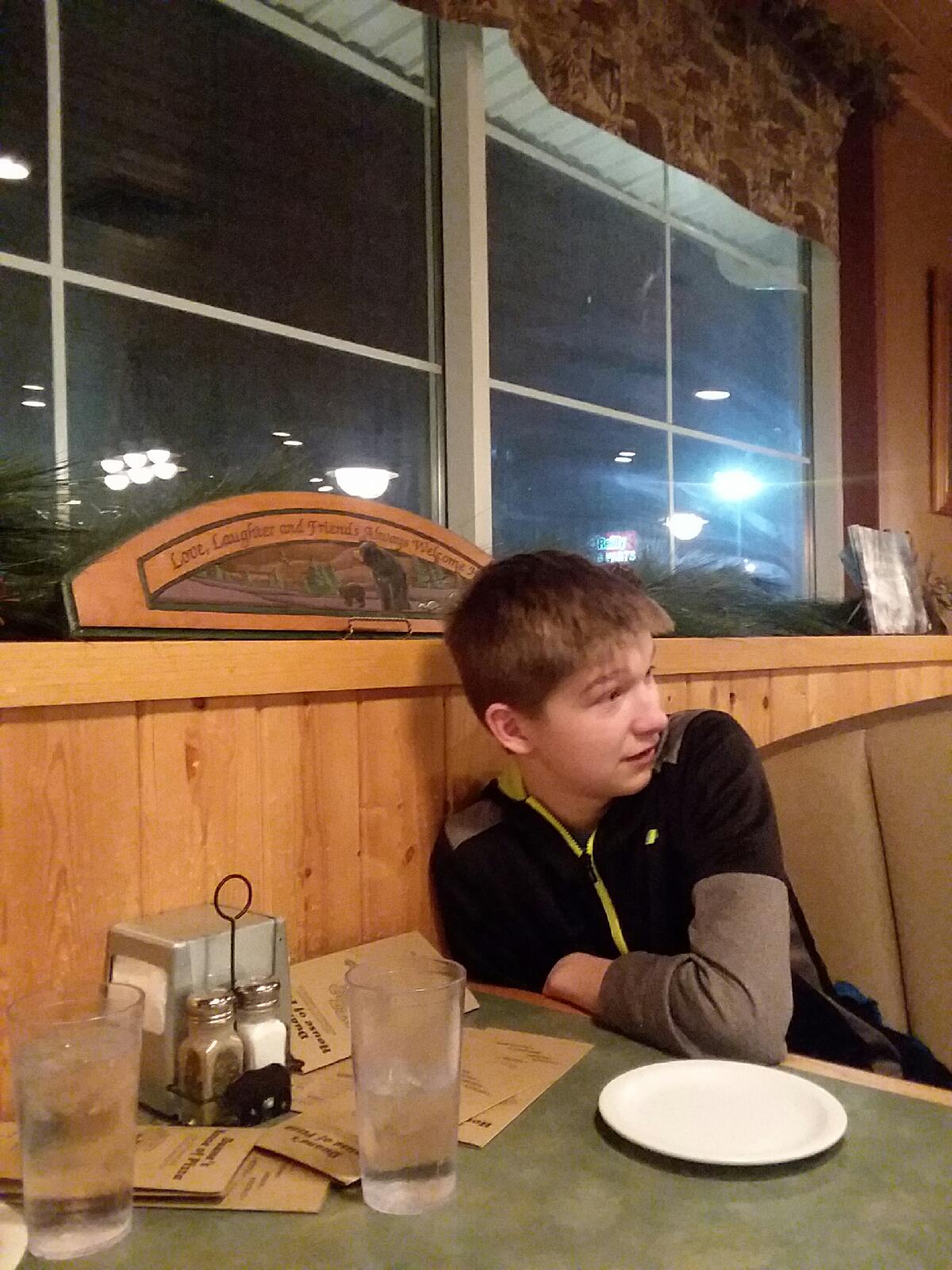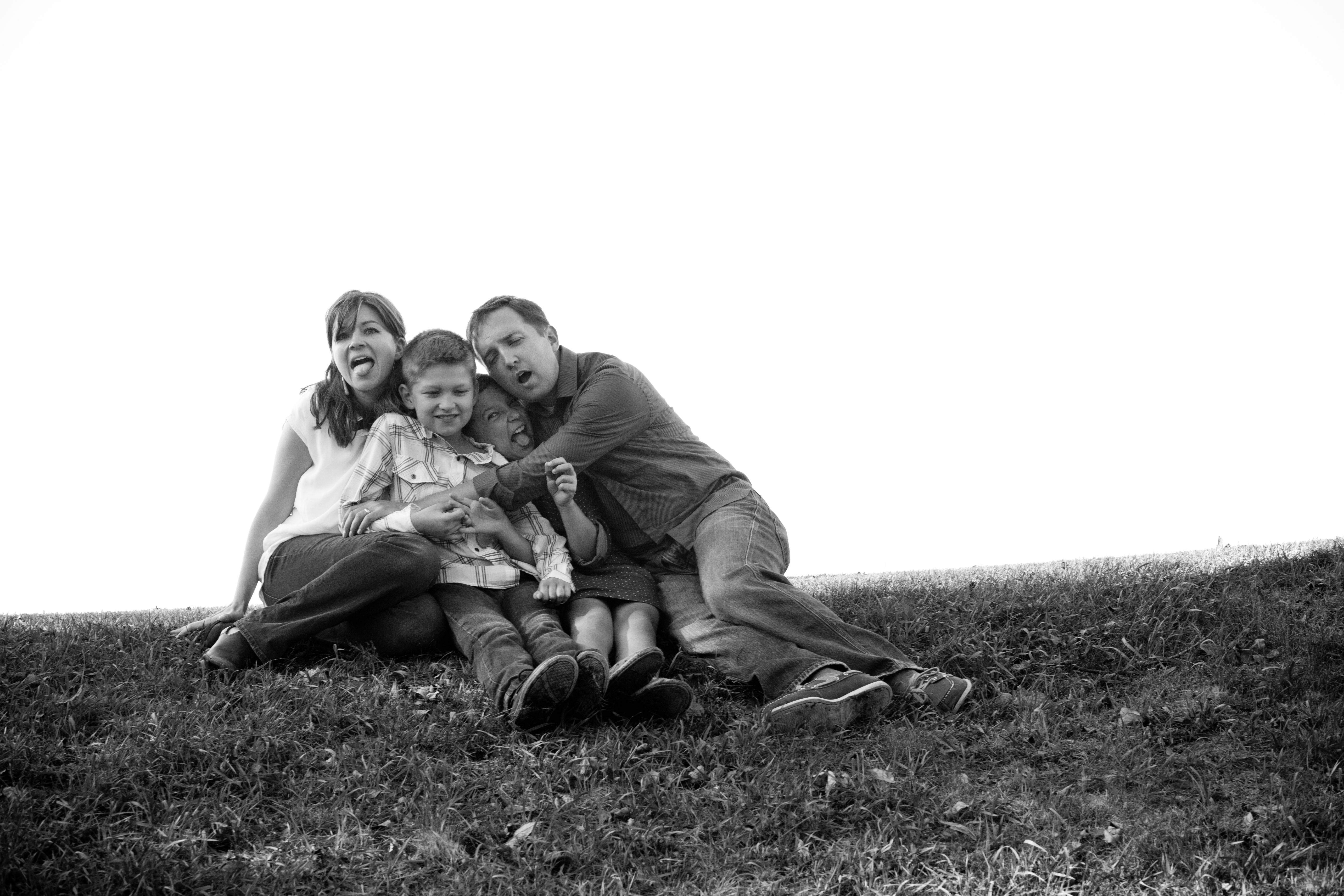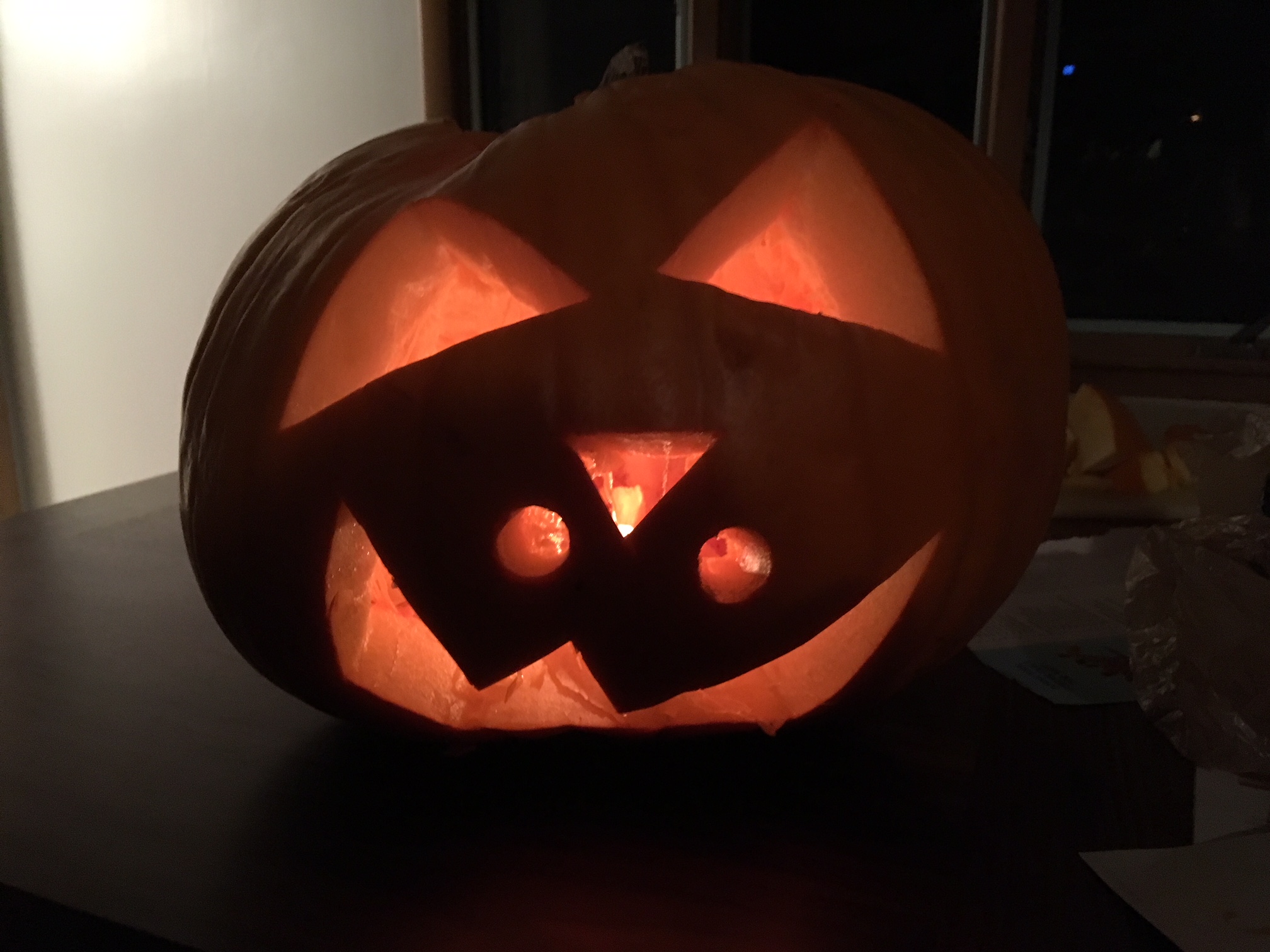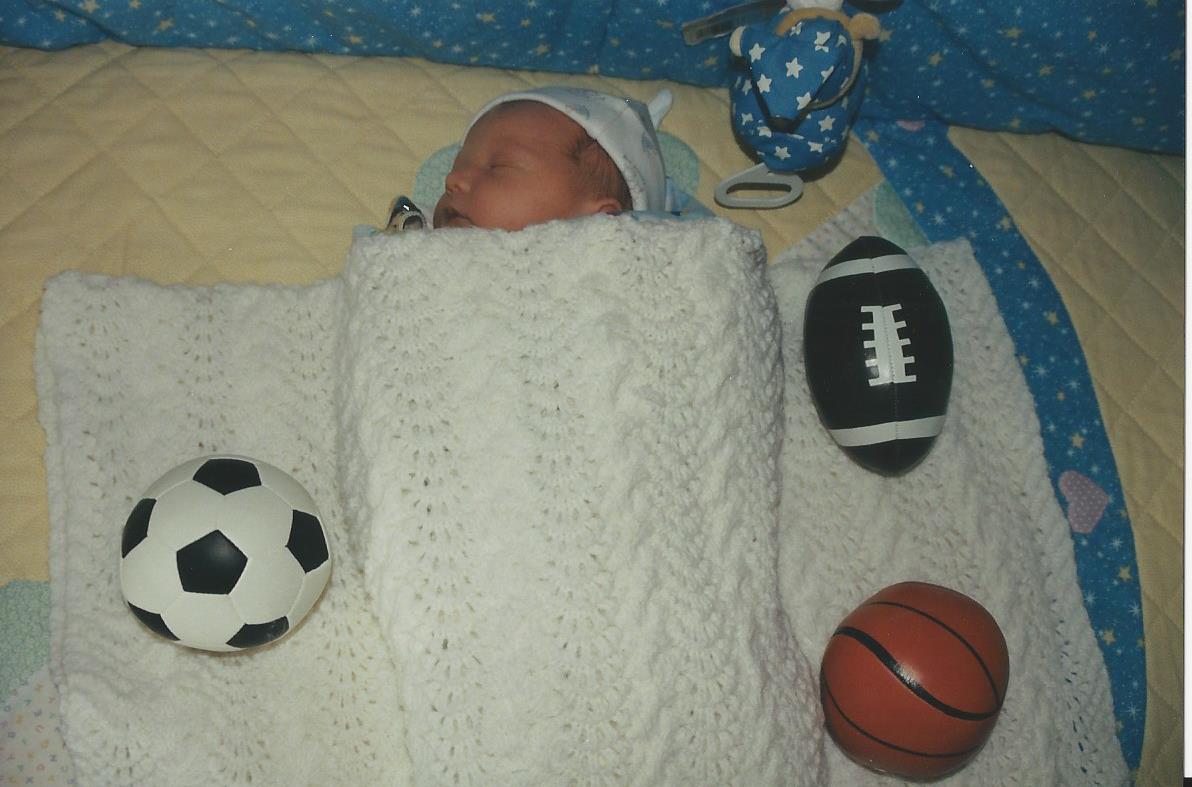
Boys and men
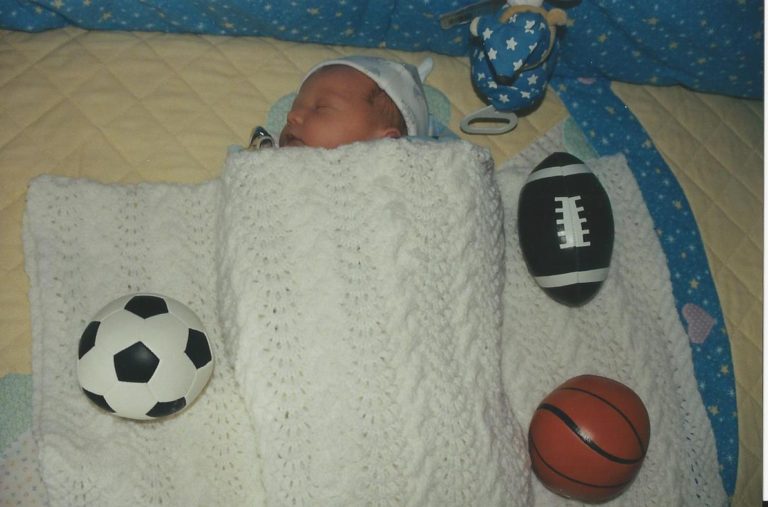 I’ll never forget that 20 week ultrasound (which was really at 18 weeks based on appointment scheduling). The ultrasound tech pointed to the screen, between what I was assuming was J’s legs and said, “See that right there (referring to J’s boy parts). It’s a boy!”
I’ll never forget that 20 week ultrasound (which was really at 18 weeks based on appointment scheduling). The ultrasound tech pointed to the screen, between what I was assuming was J’s legs and said, “See that right there (referring to J’s boy parts). It’s a boy!”
Steve was ecstatic. I was terrified. It was overwhelming thinking about raising another human being and I knew nothing about boys. NOTHING.
J’s baby shower was all blankets, diapers, onesies, and soothers, blue and sports. The perfect inauguration for a perfectly happy and healthy baby boy.
And for a long time, for almost two years, J was exactly the baby boy we both expected him to be. He loved banging his toys together to make obnoxious noise, he always wanted to eat, he absolutely destroyed every board book he could get his hands on. He was busy and healthy and loved his dad to bits. “He’s all boy,” people would tell me. And I thought he was too.
And then the autism came along and J wasn’t “all boy” anymore. He was really uncoordinated and emotional. He really struggled with his body in ways he didn’t in that first year and a half–J had never been behind in developmental milestones before. He was timid and at times passive and fearful. When other boys scrambled to the top of the slide and pushed and shoved to see who could go down first, J would freeze halfway up the ladder and I would have to come to his rescue. When he finally did get to the top of the slide he would sit there petrified to come down. He was no longer brave and strong and destructive like boys should be.
As he got older, J didn’t understand sports or competition. It was like it wasn’t even on his radar. He would wear the Royals baseball caps or Jayhawk shirts we bought for him, but he didn’t even know what they represented. When he did learn he didn’t care. Steve tried his best to get J interested and motivated in sports (even coached his baseball team for a few years), but that “boy” spark wasn’t there. Not in the least.
It’s really a weird experience getting a diagnosis for autism. As a parent, you realize that your child’s future will look nothing like you dreamed it to be. But the other hard part about the whole thing is you realize you never understood who your child really was in the first place. You spend the first few years of their life constructing your child’s likes and dislikes, desires and motivations only to realize that you imagined it all. I’m not sure what’s the harder thing to grieve–the loss of the future or the loss of the past.
It was hard on me–I felt loss on a lot of different levels, but I think it the loss of the “all boy” was probably harder on Steve. All of those father/son dreams Steve had–playing catch in the backyard, spending all summer at baseball games and all winter at basketball games, watching Royals games together and participating in all of the superstitious behavior when it comes to cheering on your favorite team together–were gone. That potential was never there in the first place. Steve and J would never have that father/son cultural norm.
It’s been interesting watching J discover (or come to terms?) with his “all boy” deficit. He gets frustrated with his lack of coordination sometimes. Since we’ve hit middle school, he’s starting to catch on–or at least observe bits of the social “all boy” stuff around him. He’s seen boys tease girls to make them scream, or chase after each other to try to impress girls. He doesn’t understand the “impressing girls” bit. In fact the whole thing is really confusing to him because to him these “all boy” actions sometimes look mean or dangerous.
The events of the past few weeks have had me really thinking about what this “all boy” business is really about. What are the stereotypes and expectations society has for boys when it comes to the way they act and respond to things. A lot of “mean” or “dangerous” behavior can be excused as being “all boy” but how far does that really go? Are boys really “less emotional”, or do they really need to navigate feelings and emotions just as much as “the girls?”
It’s been interesting raising a boy like J. The emotional one, the one that struggles to work with and control his body, the one who doesn’t understand how boys show how they “like” a girl. J has been conditioned since he’s been two to “use words,” instead of lashing out. We talk about feelings every day–how he thinks others are feeling and the importance of checking in on his feelings multiple times a day. Because J is the way he is, and because he has so many people in his life help him navigate these social, emotional, and physical deficits he has, he’s not allowed to get away with that sometimes acceptable “all boy” behavior.
It’s been interesting to see how J has shaped Steve and Steve’s fatherhood role in our family. In a lot of ways, Steve’s not the “typical” dad either. Having J in our home requires Steve to be just as nurturing as me (a lot of times Steve IS more patient and nurturing than I am). Steve spends a lot of time with both kids because he wants to support me and he knows they need him just as much as they need me. Steve is always mindful of his work schedule and is willing to accommodate his schedule to help out with J at school just like I have to. As we celebrate Father’s Day I’m grateful to have a husband who accepts our children for who they are and can adapt to their needs–especially when our son doesn’t always fit the “all boy” mold. I love that he doesn’t make excuses for J’s unacceptable behavior and advocates for the acceptance of J’s version of “all boy” when it’s justified.
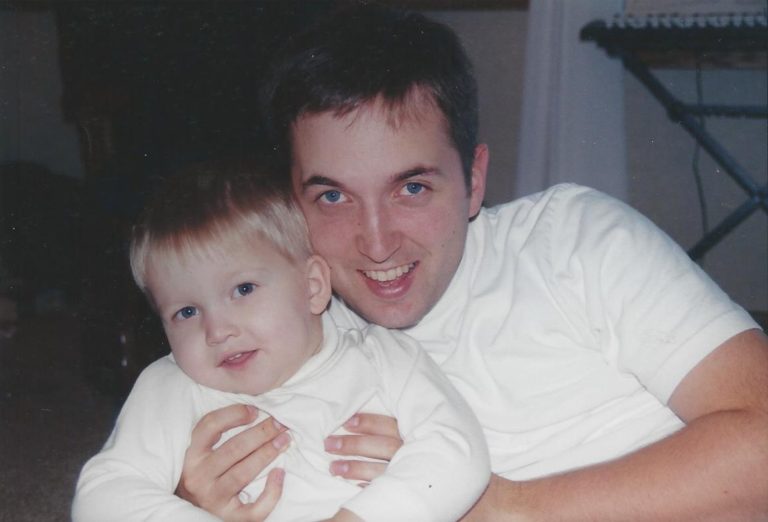
Maybe it’s because it’s the only version I know, but I like our family’s version of “boy” even if it’s not the “all boy” we commonly accept. As I experience the world a little more I realize that we need to really help and encourage all boys to talk about feelings and empathy to understand themselves and others better. It’s not intuitive. It’s not J or autistic children who struggle to find their role and belonging in this world. All boys struggle to find out where they fit in this world and how they can find acceptance and validation. All girls struggle with this too. It’s part of the human condition. Why would we think otherwise?


